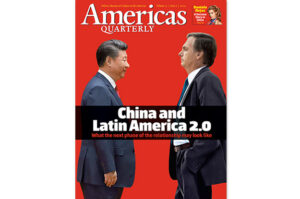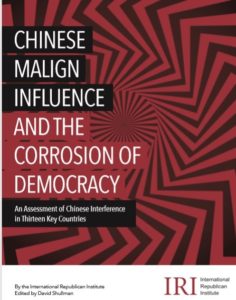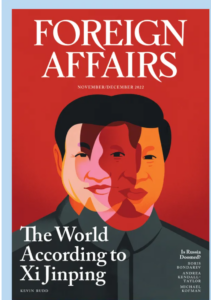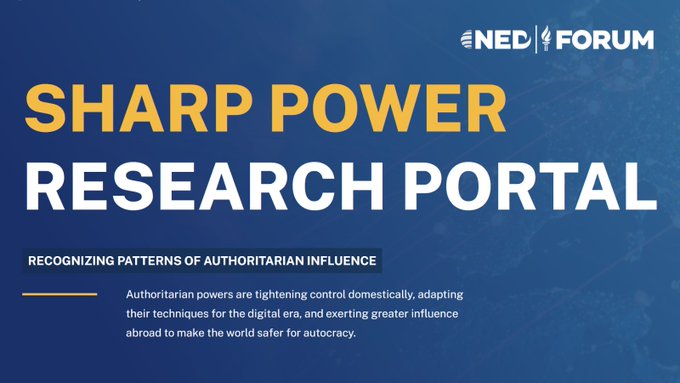 A coalition of Latin American NGOs has raised concerns over violations of environmental and social standards by Chinese investors in the region, in a report submitted as part of a UN review into the rights record of Chinese overseas activities, DIALOGO CHINO reports:
A coalition of Latin American NGOs has raised concerns over violations of environmental and social standards by Chinese investors in the region, in a report submitted as part of a UN review into the rights record of Chinese overseas activities, DIALOGO CHINO reports:
Presented to the UN’s Committee on Economic, Social and Cultural Rights (CESCR) in February by more than 50 civil society organisations, the report analysed 14 projects led by Chinese companies or with Chinese bank financing, carried out in nine Latin American countries in the infrastructure, energy and extractive sectors. It argued that Chinese investors have not made sufficient efforts to avoid negative environmental impacts in the region.
Over the last decade, the Chinese Communist Party has expanded its political and economic influence across Latin America and the Caribbean through trade, loans, aid, and cultural initiatives. But many citizens are unaware of its creeping “sharp power,” according to the International Republican Institute’s (IRI) Center for Insights in Survey Research (CISR).
 The findings of an recent poll in Argentina, the Dominican Republic, El Salvador, and Panama, provide critical insights into the knowledge-gaps and opportunities for resilience against the authoritarian influence of the CCP in the region, IRI observes.
The findings of an recent poll in Argentina, the Dominican Republic, El Salvador, and Panama, provide critical insights into the knowledge-gaps and opportunities for resilience against the authoritarian influence of the CCP in the region, IRI observes.
People were generally unaware of the financial activities of the Chinese government. This was highest in Panama, where 62% did not know of any major Chinese investment. The percentage of Salvadorians, Argentines, and Dominicans that were not aware of any major PRC investment in their countries was 59%, 57%, and 55% respectively.
“The widespread lack of public awareness of the CCP’s involvement in their countries is problematic because without this knowledge, the public is unable to put pressure on their government against unfavorable investments and loans,” said Antonio Garrastazu, IRI’s Senior Director for Latin America and the Caribbean. “As governments in LAC become increasingly tied to the CCP, it is essential to assess public understanding and opinion on the CCP’s involvement in their country.”
As big a presence as China now has in the region, expect it to become even larger. “America should brace for a significant expansion of Chinese influence in Latin America this year,” Robert Evan Ellis, Latin America research professor of the U.S. Army War College, tells Newsweek.
Why?
 For one thing, as Peru’s Julio Armando Guzman, a former NED Reagan-Fascell fellow, explains in Foreign Affairs, “the region is headed for an economic crisis that China is primed to exploit.”
For one thing, as Peru’s Julio Armando Guzman, a former NED Reagan-Fascell fellow, explains in Foreign Affairs, “the region is headed for an economic crisis that China is primed to exploit.”
Russia is also ‘Working the Western Hemisphere’, according to a recent Brookings Institution report. The Kremlin launched a concerted Spanish-language disinformation campaign to spread false narratives about the war in Ukraine and attempted to place blame on NATO and the West. States throughout Latin America were targeted on social media by Kremlin-backed sources.
The Forum’s Sharp Power Research Portal catalogues over 1,000 English and foreign language research and reporting resources on authoritarian sharp power in five sectors: media and information; commerce; culture and entertainment; knowledge generation; and technology. The Portal explores how 5 authoritarian powers—China, Russia, Iran, Saudi Arabia, and the United Arab Emirates—are exerting influence in 143 countries around the world.








